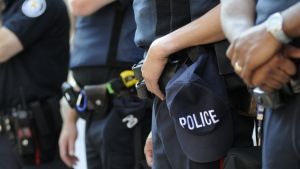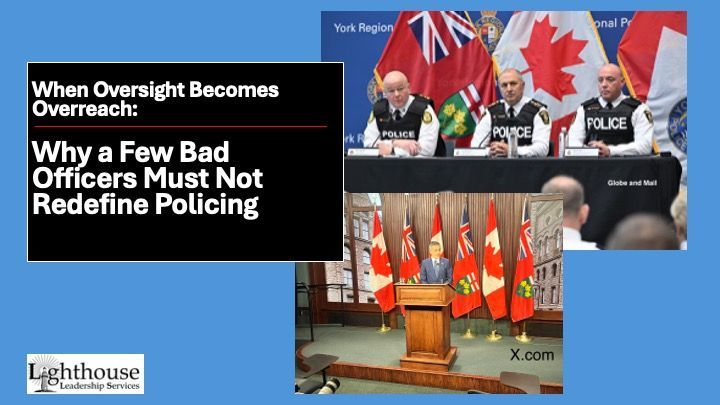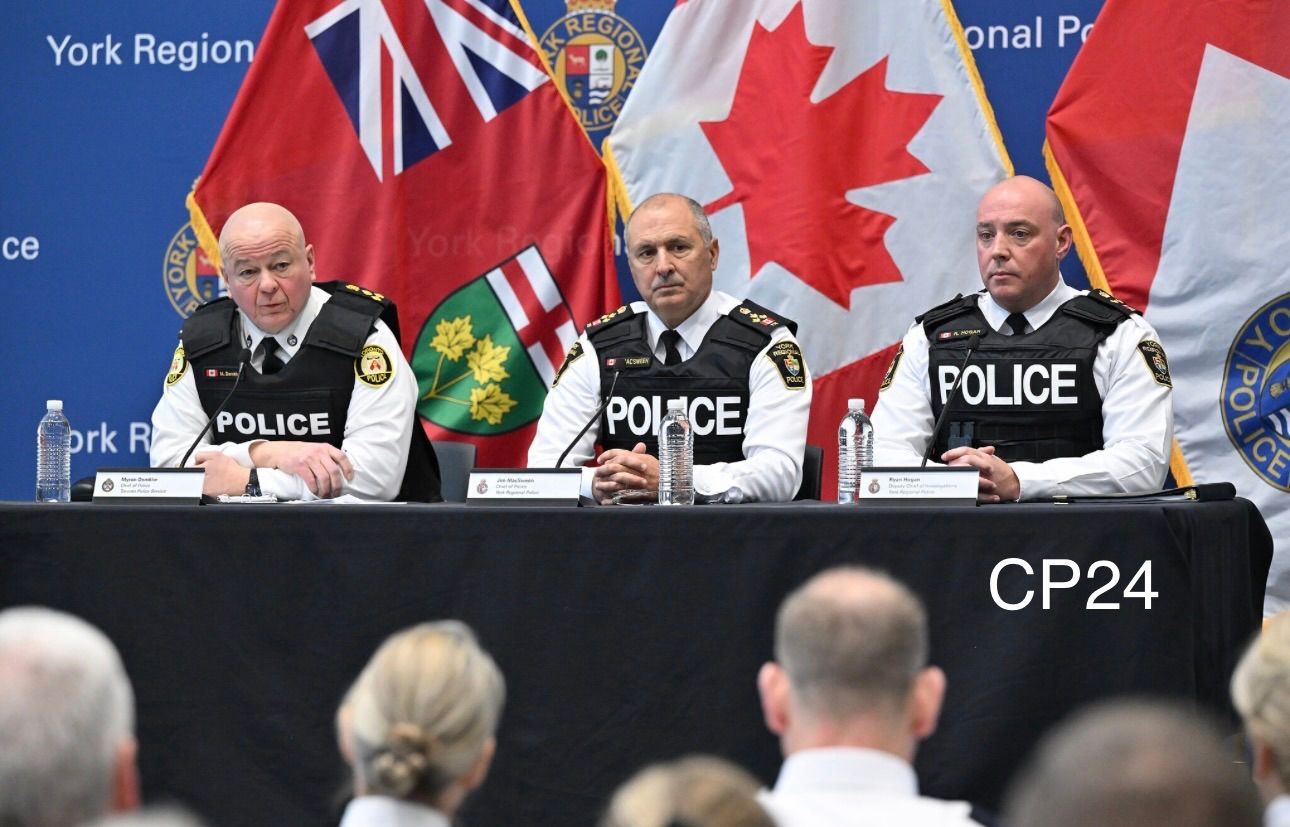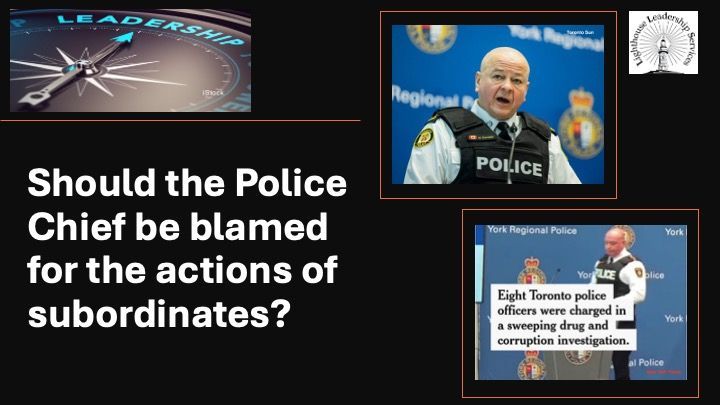New Paragraph

OpEd: Is it time to defund policing?
Much discussion has occurred as of late regarding the concept of taking money away from the rich (the police) and giving it to the poor (social services). Some so-called experts have argued that it’s time to that it's time to "disarm and defund the police" and for funds to be redistributed to other needy social services programs. In fact the city Council in Minneapolis just voted to disband their current policing model in favour of a yet unknown system. I don’t argue the need for more mental health and social services experts, but we can’t simply snap our fingers and cut police funding in favour of other programs. But the police are far from rich and disarming police in North America isn’t even an option in my view.
I won’t even get into the ridiculous notion of taking guns away from police. All I will say is that I’m glad the RCMP officers in Nova Scotia were armed on April 19th, 2020.
Although I agree that many solutions to community problems would be better addressed by entities other than the police, financial cuts to many of those agencies have resulted in police becoming the default response to many social issue challenges that they’d rather not be. They have been forced to do more with less for a number of years, and yes, that isn’t working.
Increasing salaries as well as rising costs for technology, vehicles and fuel have caused police and political leaders to closely examine how to get the best bang for their dwindling dollar, through a variety of service delivery model options. Most police chiefs and boards have been wrestling with this dilemma in excess of 10 years.
But even in the best of financial times, police leaders owe it to their constituents to ensure they are as efficient and cost effective as possible. They must continue to lead progressive change before it leads them. Police associations must have input into the change process and accept that there is no new money out there despite emerging crimes and additional responsibilities being dumped on police. Times are tough for everyone, but it will require the input of all if they ever hope to be successful.
Much work has been done and change is occurring across Canadian police services to be effective and efficient, not just because of financial pressures but because they want to be the very best for the people they serve in terms of preventing victimization, protecting property and reducing the carnage on highways, waterways and trails.
Many police positions have been converted to civilian positions, not always resulting in a salary cost savings but getting the best people doing some critical jobs, whether it be HR, IT, accounting, analysis, forensics and more.
Police have had to stop doing some of the things they once proudly did. Attending so-called minor occurrences – which was a service police proudly provided for decades, is no longer possible in many places. Citizen self-reporting of some property incidents through the internet, with telephone follow-up by police personnel is much more common now, freeing up officers to attend more serious calls for service.
Prevention programs are key. They still require time, people and funding but are more cost effective than responding to and investigating crime, however the more critical benefit is the prevention of victimization. Current prevention models including crime abatement strategies and the “community mobilization” or HUB concept which brings police, various social service agencies, mental health professionals, educators and community groups together to mitigate societal conditions that lead to crime, are having significant impacts in many municipalities. It will take time for those programs to justify a reduction in the need for police officers in some situations, but it is certainly heading in that direction.
A number of jurisdictions are teaming up mental health workers with police to try and defuse and de-escalate mental health crises. Others have developed programs to ensure victim assistance experts are responding with police to spousal abuse occurrences and then conducting effective follow-up in an attempt to prevent further victimization. Most don’t work 27/7, but such programs are working very well in areas where the workload is such to make this partnership cost effective. It is much more challenging to operationalize these programs in rural areas and in isolated communities, like in the northern regions of Canada.
In a perfect world, there would be no homelessness. No poverty. People wouldn’t be suicidal. There would be no addiction or alcoholism. People wouldn’t suffer from mental health challenges. Disenfranchised youth wouldn’t feel that joining a street gang is a better option than going to school and having a fulfilling career, or that school and employment aren’t even attainable for them. These tragic situations become significant drivers for police response. Undoubtedly more effort needs to be put into all of these systemic issues and more, long before they result in interaction with police. Sending an unarmed mental health worker to a chat with a suicidal addict who may have a knife at 3am – regardless of how brilliant and dedicated he or she may be, will at times result in violence. Then the police will respond to investigate the assault or murder and a family will be grieving. The key is to mitigate the underlying issues before the crisis erupts in violence.
In the meantime, police services still need a critical mass of armed officers to conduct many operational responsibilities that do require same. In utopia, mental health professionals could attend calls where people are in crisis without police support, but unfortunately we are not there yet. Who would make the decision that a counsellor would attend alone or police would go as well, and based on what criteria? Is the call-taker tasked with determining if “the caller seems nice”? Sending a counsellor to a call where a person is suffering from a mental health crisis sounds logical, at least until he or she pulls out a knife or jumps out a window. The reality is that these are potential life or death decisions at times.
Weapons calls; violent and destructive protests; tactical operations; robberies; assaults; theft investigations; traffic enforcement and collision investigation; homicides; trespassers; domestic disputes…and so much more, still require the police, who in many cases are already suffering from a shortage of resources. To cut them even further before an effective infrastructure of social services, counsellors and mental health professionals is in place and proven to be reducing police calls for service, will be a recipe for disaster. If some racist and or bully police officers causing a death by using excessive force while legally arresting a man for a crime is the cause for change in the structure of policing, we must remember that all the social services agencies in the world would not have prevented police from responding and making an arrest on that day. If these programs were all in place, police still would have attended and made an arrest. How and why they used deadly force and whether or not racism was the driver, is the issue in that case.
Getting policing from where it currently is to where it should be is undoubtedly the right thing to do. Overreacting and throwing the baby out with the bathwater because of a tragedy caused by some bad cops in Minneapolis is not the solution.




